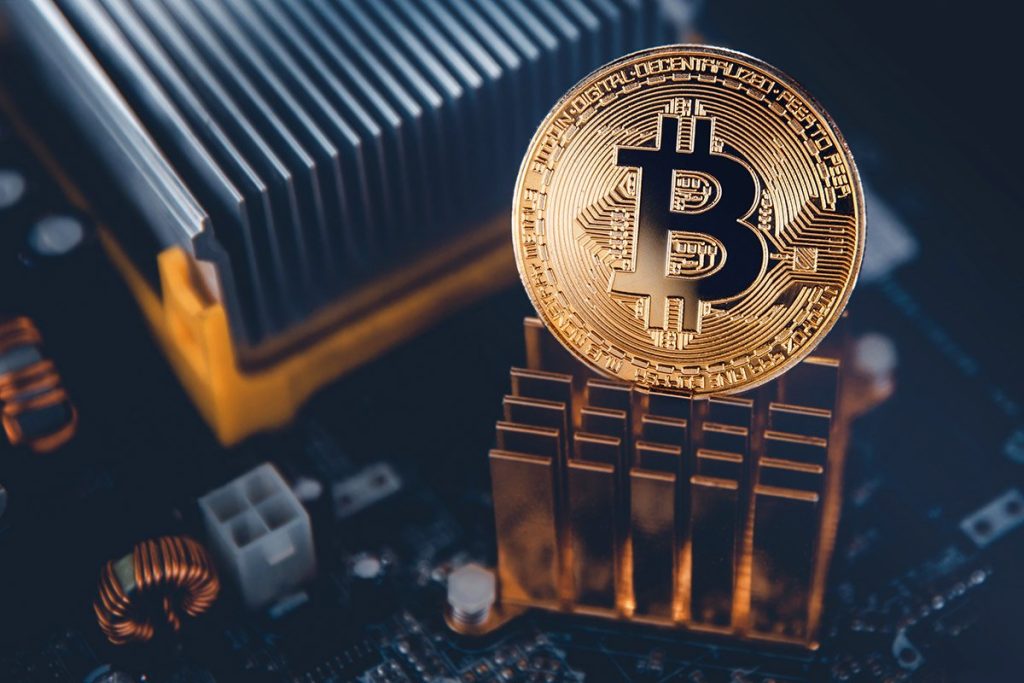Cryptocurrency exchanges allow you to buy btc dollar koers and sell a variety of digital currencies. They also provide educational resources to help you learn more about cryptocurrencies and the industry.
They also offer tools to help you create a portfolio. These include tools to help you find the best cryptocurrencies for your needs and tools to help you build a diversified crypto portfolio.
Decentralized exchanges
Decentralized exchanges (DEXs) allow cryptocurrency traders to execute trades directly from their wallets without an intermediary. These platforms use smart contracts to execute transactions, allowing users to keep control of their private keys and avoid handing over personal information to an exchange.
Compared to centralized exchanges, DEXs offer better privacy and lower fees. This is because they do not hold your funds as an intermediary, which means that they’re less likely to incur loss or theft.
However, while DEXs are gaining popularity, there are still some important factors to consider when choosing an exchange.
One of the key considerations is how well a DEX is designed to protect the user’s assets from theft and other types of attacks. For example, many DEXs require that the crypto wallets be funded with tokens that exist on the same blockchain as the DEX application.
Another important consideration is how well a DEX’s liquidity pools are regulated. A good DEX will usually have an automated liquidity management system that enables you to automatically enter and exit large orders while minimizing slippage.
Fiat-to-crypto exchanges
Fiat-to-crypto exchanges allow you to convert your fiat currency into a wide range of cryptocurrencies. This includes Bitcoin, Ethereum, and other major cryptocurrencies as well as lesser-known coins.
Some of these platforms also offer money-earning opportunities and a variety of different payment methods for buying and selling cryptocurrencies. This can be a great way to get started with crypto trading without sacrificing your wallet.
If you want to use a fiat-to-crypto exchange, it is important to choose an exchange that supports your local currency. Most exchanges support USD, EUR, and GBP but if you prefer another currency, you’ll need to check the platform’s policy.
A good fiat-to-crypto exchange should have a large selection of cryptocurrencies and a range of payment methods. It should also offer low fees and excellent customer support. It’s also a good idea to check whether the exchange offers free crypto trading or not. If not, it might be worth looking for an alternative platform.

Crypto-to-crypto exchanges
Crypto exchanges allow users to buy and sell digital currencies, such as bitcoin, ethereum, or litecoin. They also enable users to convert fiat currency into cryptocurrencies or vice versa.
Buying and selling cryptocurrencies on centralized exchanges requires users to follow Know Your Customer (KYC) rules, which require them to divulge personal information and identification. This is against the crypto community’s ethos, and it can raise concerns about security breaches.
Centralized crypto exchanges also charge fees for services, such as deposit and withdrawal. These fees are imposed to cover network and account costs.
Exchanges are a great way to trade cryptocurrency, but investors should make sure they choose the best one for their needs. There are several factors to consider, including security, trading volumes, and educational resources. It’s also important to find an exchange that lists the cryptocurrencies you want to buy. Choosing the right one can help you achieve higher returns and avoid costly fees.
Fees
Cryptocurrency exchanges are platforms that allow you to buy, sell or exchange digital assets for other currencies. They often charge fees to help cover costs associated with running these services.
The two main types of fees are trading fees and withdrawal fees. Trading fees are charged when you make a trade, and they typically scale up alongside the size of your trade.
Depending on the exchange, these fees can be either a flat percentage or based on whether you’re a maker or a taker. This means that you’ll pay more for orders that add liquidity to the market (makers) and less for those that remove it.
Bybit https://www.bybit.com/en-US/, for example, charges a 0.25% flat fee on all trades. Kraken, another popular crypto exchange, also charges a 5% processing fee for credit card deposits and withdrawals.


